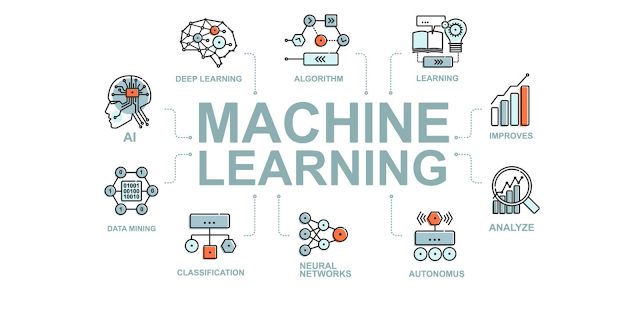The Future of Web Hosting:Emerging Trends and Technologies
In the ever-evolving landscape of technology and the internet, web hosting is at the forefront of change. As websites and online businesses continue to grow, so too do the demands placed on web hosting services. The future of web hosting is marked by a convergence of emerging trends and technologies that promise to reshape the industry. In this article, we'll explore these trends and technologies and their implications for the future of web hosting.
1. Cloud Hosting Dominance
Cloud hosting has been a game-changer in the web hosting industry, and its dominance is expected to continue growing. Cloud hosting offers scalability, flexibility, and cost-effectiveness, making it an attractive choice for businesses of all sizes. Instead of relying on a single physical server, cloud hosting uses a network of virtual servers distributed across data centers worldwide. This allows websites to handle fluctuating traffic loads efficiently and ensures high uptime and reliability.
One key aspect of cloud hosting is serverless computing, which abstracts the underlying infrastructure, enabling developers to focus solely on writing code. This trend is expected to gain more traction, simplifying web development and reducing operational overhead.
2. Edge Computing
Edge computing is another transformative trend that is set to shape the future of web hosting. Traditional hosting relies on centralized data centers, often located far from end-users. Edge computing, on the other hand, moves computing resources closer to the "edge" of the network, which means closer to the end-users. This results in lower latency and faster response times for websites and applications.
Edge hosting is particularly critical for emerging technologies like IoT (Internet of Things) and augmented reality, where real-time data processing is essential. Hosting providers are beginning to offer edge computing solutions to meet these demands, and this trend is expected to grow in importance.
3. AI and Machine Learning Integration
Artificial Intelligence (AI) and Machine Learning (ML) are finding their way into web hosting to improve performance and security. AI-powered systems can optimize server resource allocation, automatically detect and mitigate security threats, and provide predictive analytics to prevent downtime. This proactive approach to hosting management enhances the overall user experience.
AI and ML are also being used to enhance customer support and troubleshoot technical issues faster, reducing downtime and improving website reliability.
4. Green Web Hosting
As environmental concerns become more prevalent, green web hosting is gaining momentum. Hosting providers are increasingly investing in renewable energy sources and energy-efficient data centers to reduce their carbon footprint. Many customers are now looking for hosting providers with strong sustainability commitments, and this trend is likely to continue as environmental consciousness grows.
5. Decentralized Hosting
Blockchain technology is not limited to cryptocurrencies; it's also making its mark on web hosting. Decentralized hosting, enabled by blockchain and Distributed Ledger Technology (DLT), offers increased security, transparency, and resistance to censorship. In decentralized hosting, websites are distributed across a network of nodes, reducing the risk of single points of failure.
This trend aligns with the broader movement towards decentralization on the internet, where control is shifted away from large corporations and towards individuals and communities.
6. Enhanced Security Measures
With cyber threats on the rise, web hosting providers are continually improving their security measures. Expect to see increased adoption of advanced security technologies, including zero-trust security models, advanced encryption methods, and multi-factor authentication (MFA). Hosting providers are also likely to offer more comprehensive security monitoring and incident response services to protect their customers' data.
7. IPv6 Adoption
The depletion of IPv4 addresses has led to the widespread adoption of IPv6. Hosting providers are increasingly offering IPv6 support to accommodate the growing number of internet-connected devices and ensure the longevity of their services. IPv6 offers improved security and more extensive address space, making it essential for the future of web hosting.
8. Quantum Computing Challenges
While quantum computing is still in its infancy, its potential to disrupt web hosting and encryption cannot be ignored. Quantum computers could potentially break current encryption methods, leading to a need for new, quantum-resistant cryptographic techniques in web hosting. Hosting providers will need to stay ahead of this curve to ensure the security of their customers' data.
In conclusion, the future of web hosting is marked by a convergence of emerging trends and technologies. Cloud hosting, edge computing, AI and ML integration, green hosting, decentralized hosting, enhanced security measures, IPv6 adoption, and the challenges posed by quantum computing are all poised to shape the web hosting industry in the coming years. As web hosting providers, including the Top Web Hosting Company in Mumbai, adapt to these changes, businesses and website owners stand to benefit from more reliable, efficient, and secure hosting services in the evolving digital landscape. Staying informed about these trends will be crucial for making informed decisions about web hosting in the future.




Comments
Post a Comment